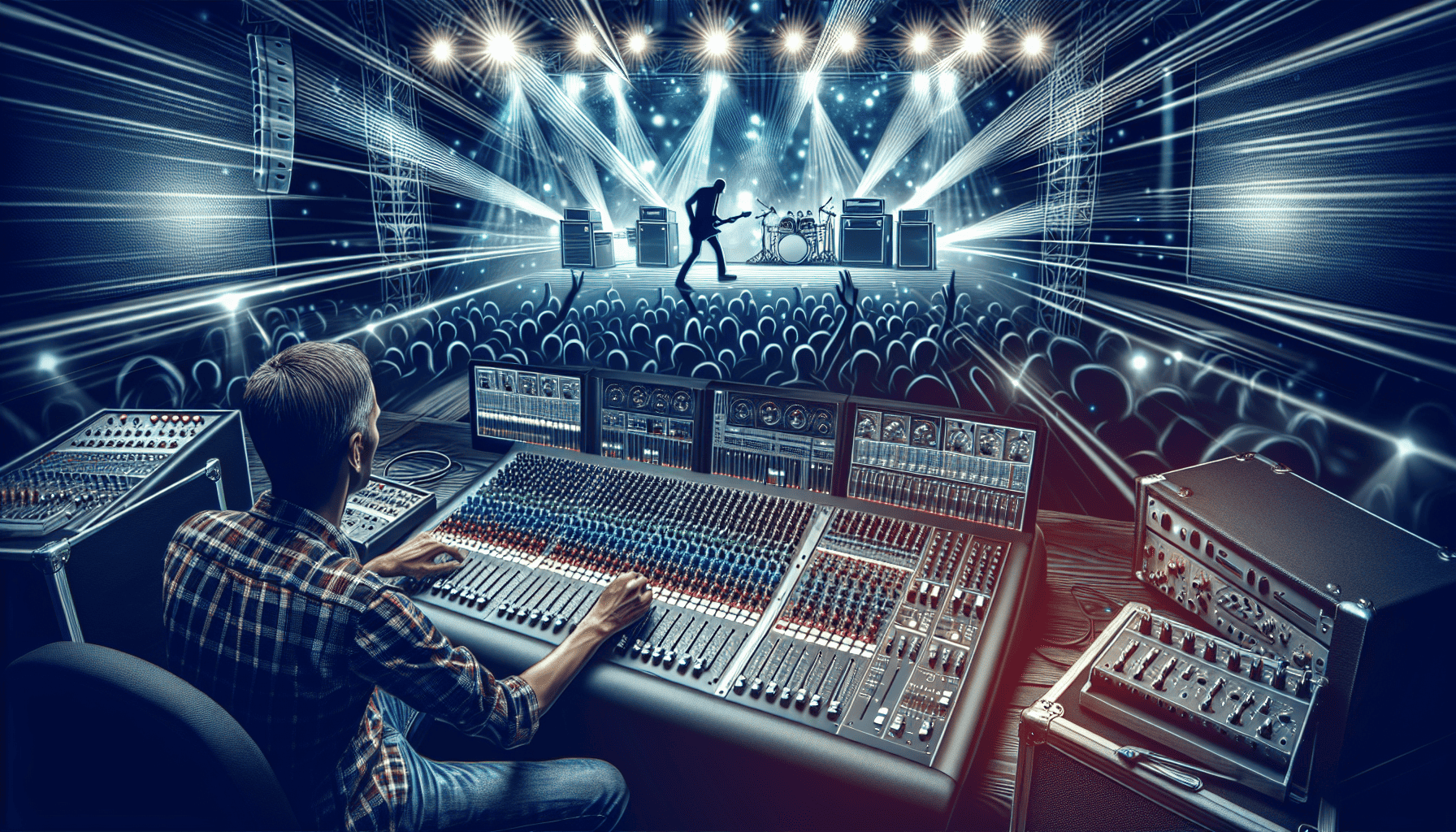When it comes to live performances, delivering an unforgettable experience is not just about the talent on stage; it's also about the quality of the sound. This is where professional live sound engineering plays a crucial role. By optimizing audio elements, sound engineers ensure that both the performers and the audience experience sound as it was truly intended—crisp, clear, and immersive.
Understanding Live Sound Engineering
Live sound engineering entails a comprehensive understanding of acoustics and technical equipment required to manage and manipulate sound during live events. From concerts and theatre performances to conferences and public speaking events, sound engineers are responsible for setting up, operating, and troubleshooting audio systems. This involves microphones, amplifiers, mixing consoles, and speakers, all of which must be flawlessly integrated to produce the highest quality sound possible.
The Role of a Live Sound Engineer
The responsibility of a live sound engineer extends beyond just setting up equipment. It requires active monitoring and adjusting audio elements in real-time. This entails maintaining optimal sound levels, ensuring clarity, and preventing feedback or distortion. Sound engineers work closely with performers and other event staff to understand the specific acoustic needs of each performance, making necessary adjustments to adapt to different environments and dynamics.
Enhancing Performance Quality
A skilled live sound engineer can elevate the quality of a performance by ensuring that sound reaches every corner of a venue without losing its integrity. By balancing the audio mix, engineers make sure that instruments and vocals are perfectly blended, allowing the unique character of each element to shine through. This harmonious balance not only enhances the audience's experience but also gives performers the confidence to deliver their best on stage.
Adapting to Different Venues
Each venue presents its own unique challenges when it comes to sound engineering. Acoustic characteristics can vary greatly between indoor and outdoor venues, small concert halls, and large arenas. A professional sound engineer is adept at evaluating these spaces, recognizing potential issues, and implementing solutions to ensure optimal sound quality. This might involve strategic placement of speakers, soundproofing considerations, and the use of advanced technology such as digital sound processing.
Staying Ahead with Technology
In the rapidly evolving world of audio technology, staying up-to-date with the latest advancements is crucial for live sound engineers. Modern sound systems offer digital consoles that allow for precise audio adjustments, wireless technology that reduces cable clutter, and sophisticated software that aids in live sound analysis and enhancements. Embracing these technologies enables sound engineers to deliver the most fluid and efficient sound experience possible.
Why Professional Sound Engineering Matters
Opting for professional live sound engineering services provides peace of mind for any event organizer. It not only guarantees excellent audio quality but also reduces the risk of technical difficulties mid-performance. An experienced sound engineer can handle any unforeseen challenges, ensuring that the show goes on without disruption.
In conclusion, professional live sound engineering is vital for any successful live performance. By understanding the intricacies of acoustics and deploying advanced technologies, sound engineers create an extraordinary auditory experience. Whether you are organizing a concert, a conference, or a theatre production, investing in proficient sound engineering will undoubtedly enhance the overall success of your event, leaving your audience in awe and your performers appreciated for their talent.
